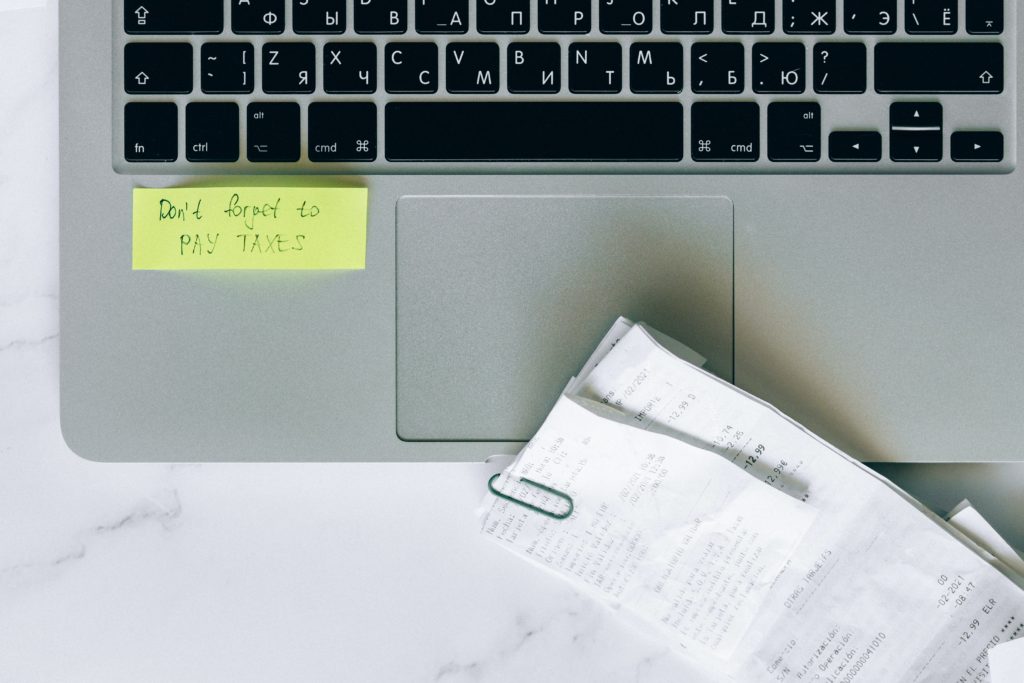It can be easy to lose track of a piece of paper, or receipts, especially when many documents are floating around. If they don’t have a proper place, you might accidentally toss an essential piece of paper or shove it in a drawer. If you can’t find this receipt at tax time, you may have to request documents again – or you might forget the expense ever existed.
You must save your receipts as soon as they come in, but how should you organize them? Here are five ways to ensure that all your relevant business documents are easy to find!
Organize By Category
Filing your receipts in folders based on category is an old method, but it’s stuck around for a reason! Buy a pack of folders from your local office supply store and label them each by categories relevant to your business. They might be categories such as:
- Income
- Client invoices
- Medical and insurance expenses
- Banking information
- Charitable donations
What you label each one depends on your line of business. When you get a receipt, a tax document, or a bill of sale, put the paper in the proper category immediately.
Scan or Photograph Your Receipts
The CRA accepts scanned and digital receipts for taxes. That means you can snap photos of your loose receipts with your smartphone. Be sure to get a clear picture of the whole document so that you can clearly see the date, the address of the business, and the purchase amount. You can also find a special receipt scanner and save the digital copies on your computer.
Make Notes on Receipts
 As time passes, you’ll probably forget how many receipts relate to your business. By writing notes on the receipts about their purpose, you can remember how they relate to your business. For instance, when you are dining with a client, make a note on the receipt about the business purpose.
As time passes, you’ll probably forget how many receipts relate to your business. By writing notes on the receipts about their purpose, you can remember how they relate to your business. For instance, when you are dining with a client, make a note on the receipt about the business purpose.
Keep Receipts For This Tax Year Separate
You should keep “active” documents for this tax year in a spot with easy access, like a desktop file organizer. For receipts related to past tax years, store them in labelled boxes that are identifiable should you have to reference them in the future. You should retain any receipts for expenses itemized on past tax returns for at least three years in your records.
Hire A Bookkeeper
 As a business grows, you might find it harder to track the volume of relevant invoices and receipts coming through your office. You might not have the time necessary to categorize and organize your receipts! If this is happening to you, it might be time to bring in a bookkeeper.
As a business grows, you might find it harder to track the volume of relevant invoices and receipts coming through your office. You might not have the time necessary to categorize and organize your receipts! If this is happening to you, it might be time to bring in a bookkeeper.
Bookkeepers manage and record all of a business’s financial transactions, and by organizing this information, they ensure that the financial record is more than organized: it’s complete and accurate.
A good bookkeeping service goes above and beyond on this, though – Trillium, for example, offers credit card and bank account reconciliation, payroll plans, compliance, and a set of professional eyes reviewing every transaction. We also are partnered with companies like Dext, Hubdoc, and Wagepoint to make organization simple and easy for you!

